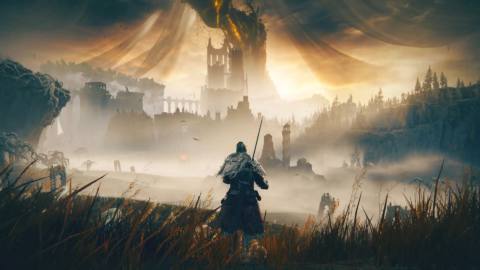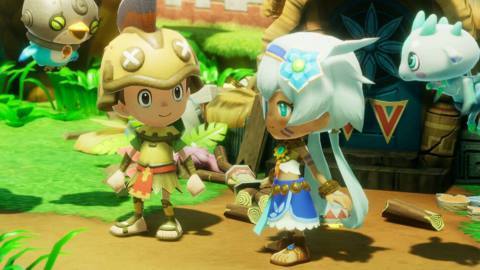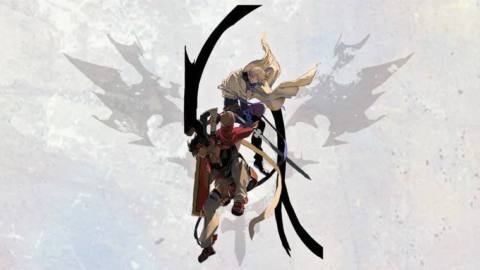
One of those rare clarifying moments in my life came when I was told that the whale in Moby Dick didn’t symbolise anything. Or rather, it didn’t symbolise any one single thing in a fixed and coherent way. The whale might symbolise a handful of things, and those things might contradict one another and you’d just have to live with it. Also the whale was simultaneously a whale – no just or merely a whale, because there is never anything “mere” to be had when a whale is involved.
This was a brilliant thing to learn, and I still think about it often. Symbolism and things like that were very exciting when I was first learning about art and literature, but the danger, I guess, is that they become binary, a kind of substitution cypher. If the whale is a single thing, then Moby Dick is a puzzle that can be solved and we can all move on to other things. But it’s not a single thing. It contains multitudes, to borrow a handy phrase from a contemporary of Melville. This frees it and sets it loose in the wild oceans of the mind. It is forever a thing of inference and speculation, of contradiction and dark wonder.
I may have written about this before. No bother. At the moment, anyway, these thoughts very much remind me of Elden Ring, which is getting Elden Ring DLC this week in the shape of Shadow of the Erdtree. Inference and speculation, contradiction and dark wonder. I have my own relationship with Elden Ring, as I do with almost all FromSoftware games. I have played them a bit, some of them really quite a bit, and always enthusiastically. And then I have inevitably stalled on a skill issue or a simple matter of cognitive overload: too many threads to keep track of, so when I step away for a week or two, further progress becomes unthinkable. But this is only part of my relationship with these games, and it may actually be the weaker part. I love FromSoftware stuff and I think I love it passionately. I just love to talk about it, think about it, and most of all hear about it.






